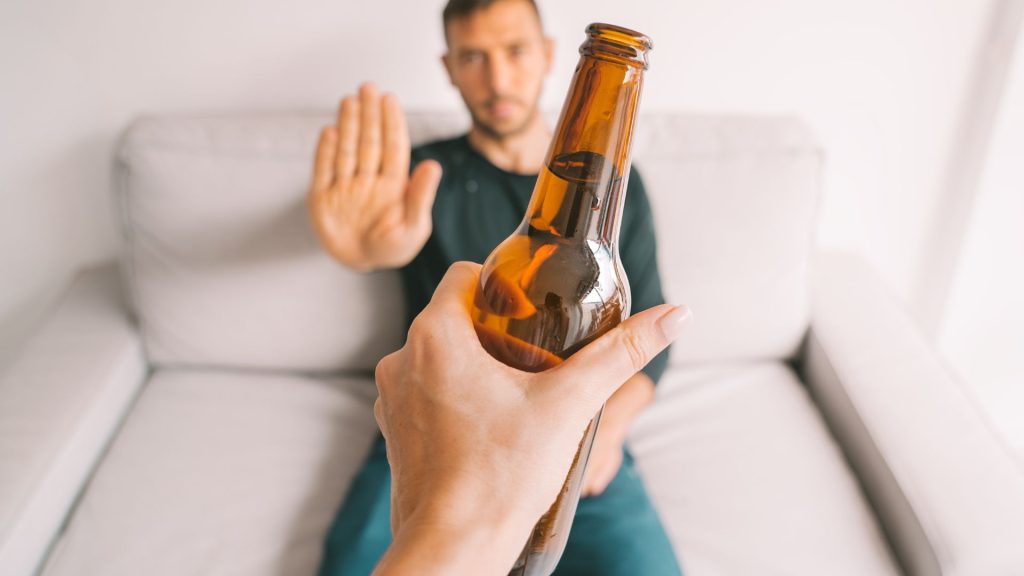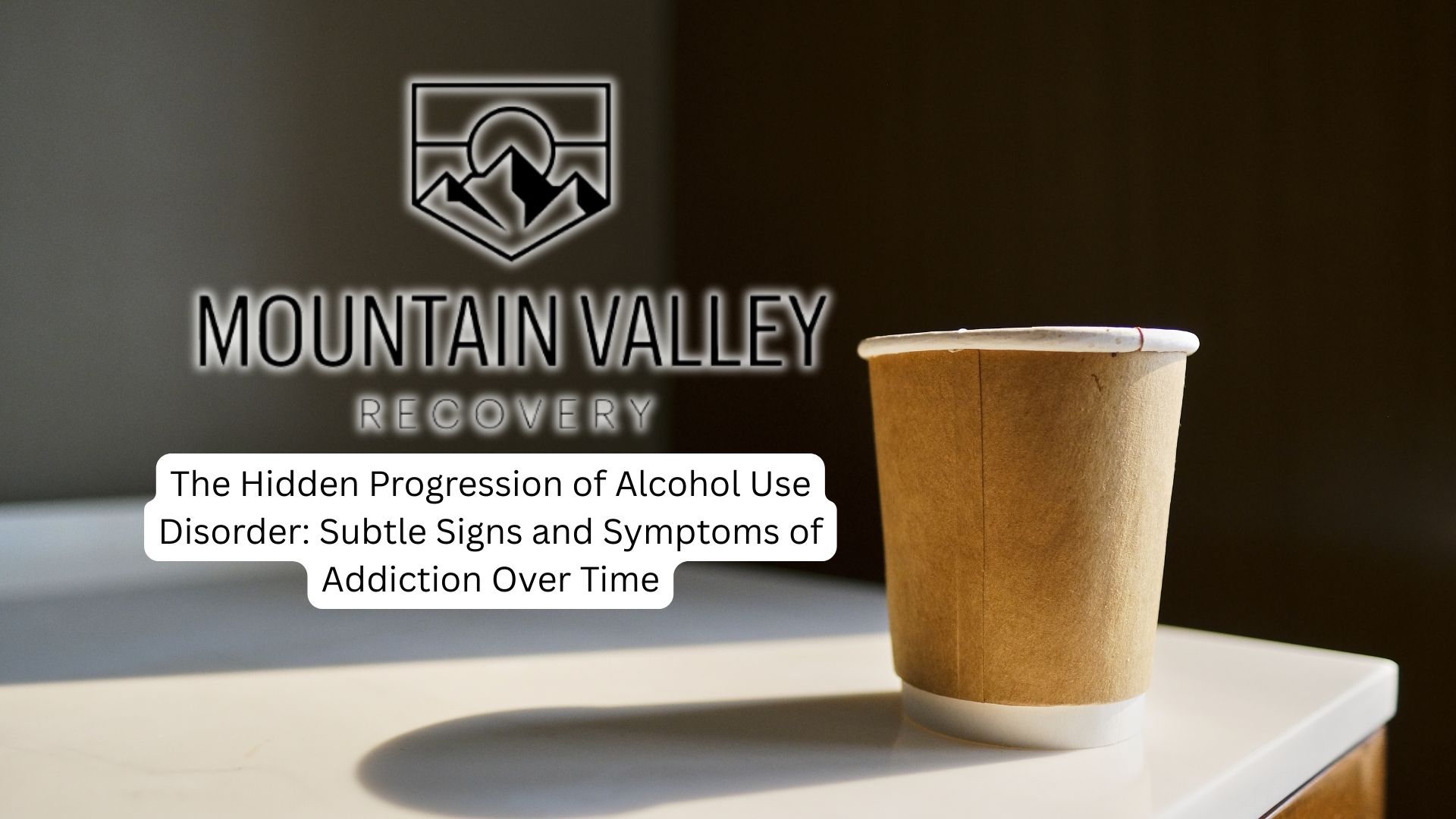Alcohol use disorder (AUD), previously known as alcoholism, is a multifaceted and widespread health problem that affects millions of people globally. Currently, the most successful treatments for AUD involve a combination of evidence-based approaches, including medical, psychological, and social support components.
As we explore the most effective treatments for AUD in greater depth, we will examine how these different strategies can be integrated and customized to address individual requirements.
Behavioral Interventions and Counseling
When seeking treatment for alcoholism, behavioral interventions and counseling play a vital role in promoting recovery.
Cognitive Behavioral Therapy (CBT) is one of the most empirically supported approaches, showing small but statistically significant effects across many studies. CBT helps individuals identify and change maladaptive thoughts and behaviors that contribute to alcohol misuse, usually through short-term, focused interventions that can be used in various clinical settings. Motivational Enhancement Therapy, another evidence-based approach, aims to resolve ambivalence about changing drinking behaviors and has been particularly effective for those with alcohol use disorder.
Enhanced counseling strategies that involve family and community resources have been linked to improved treatment outcomes and sustained sobriety.
Medication-Assisted Treatment Options
FDA-approved medications like naltrexone, acamprosate, and disulfiram have proven effective in reducing alcohol consumption and promoting abstinence.
Naltrexone, an opioid antagonist, significantly reduces heavy drinking episodes and works best when initiated in abstinent patients. Acamprosate interacts with glutamate receptors and excels at maintaining abstinence, with a recommended dosage of two 333-mg tablets three times daily.
Disulfiram creates unpleasant symptoms when alcohol is consumed, making it more suitable for supervised settings with motivated patients.
Despite the availability of these treatment options, only about 2% of Americans with alcohol use disorder received medications in 2021, highlighting a significant gap in addressing this challenging condition.
Addressing Co-Occurring Mental Health Disorders
Co-occurring mental health disorders pose a significant challenge in the treatment of alcoholism, as they can exacerbate symptoms and hinder recovery efforts.
When you’re dealing with both AUD and mental health disorders, it’s crucial to seek integrated treatment that addresses both conditions simultaneously.
Behavioral therapies, such as cognitive-behavioral therapy (CBT), have proven effective in treating co-occurring disorders by helping you develop coping strategies and address underlying issues.
To improve your overall recovery and long-term success, work with your healthcare provider to create a customized treatment plan that considers the severity of both your AUD and co-occurring mental health conditions.
Mutual Support Groups
Organizations like Alcoholics Anonymous (AA) provide a supportive community that encourages shared experiences and accountability.
By participating in these groups, you’ll find a sense of belonging and motivation to maintain sobriety. Studies show that regular attendance at mutual support groups can significantly improve recovery outcomes, with 30-50% of individuals achieving long-term abstinence.
The 12-step program model used by many groups promotes personal growth and responsibility, which are essential for overcoming addiction. As you navigate your journey to sobriety, engaging with a mutual support group can offer the ongoing encouragement and guidance needed to maintain a healthy, alcohol-free life.

Combination Approaches to Recovery
When seeking effective treatment for alcohol use disorder, combining behavioral therapies with pharmacological interventions can significantly enhance your chances of achieving and maintaining sobriety.
Combination approaches integrating counseling, support groups, and medications like naltrexone result in lower relapse rates and improved treatment efficacy for individuals with Alcohol Use Disorder (AUD).
You’ll benefit from personalized treatment plans tailored to your specific needs and preferences, which may include participation in 12-step programs or community support groups for additional motivation and accountability.
By addressing coexisting mental health disorders and implementing a comprehensive approach to care, you can further improve your recovery rates and reduce the likelihood of relapse.
Final Thoughts from Mountain Valley Recovery
For men seeking a transformative journey to sobriety, programs like the one we offer at Mountain Valley Recovery in Utah provide a specialized environment tailored to their unique needs. Our recovery center combines proven therapeutic techniques, which may include medication-assisted treatment, with the camaraderie of a supportive community. This approach creates a holistic and empowering recovery experience for the men who participate.





